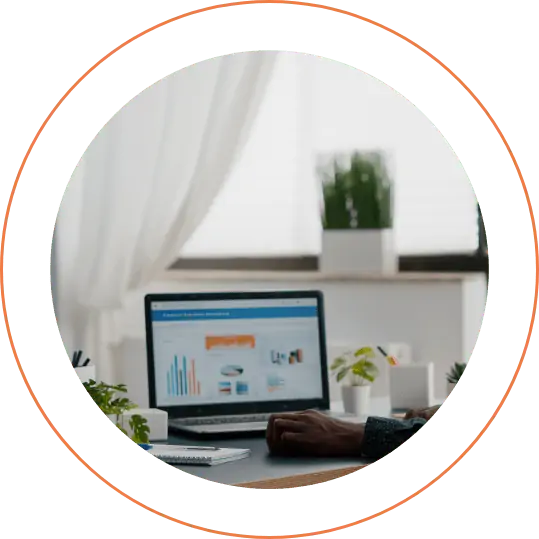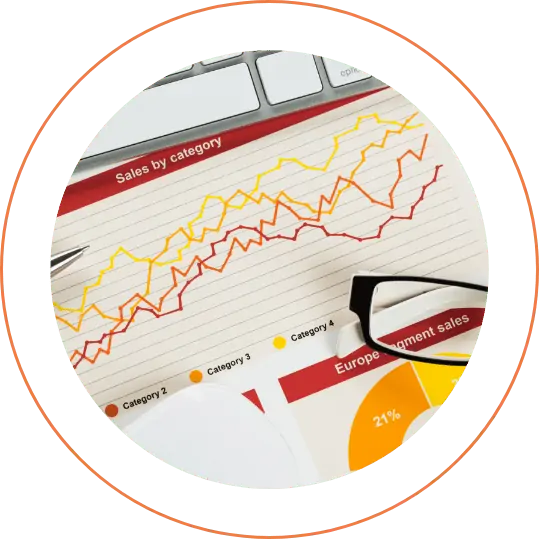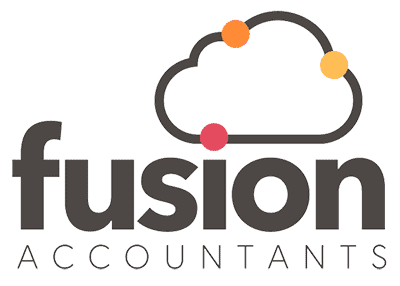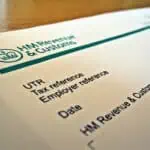What taxes do I need to pay as an online seller?
Reading Time:
As a reaction to COVID, online shopping has become more popular than at any time, seeing a boom in the growth of eCommerce start-ups. Setting up an online shop can become an incredibly lucrative way to make money from the comfort of your home, as a side business, or as a full-time business opportunity.
Like bricks and mortar businesses, you need to pay taxes. However, suppose you are self-employed (including being an online seller). In that case, you will have to complete an annual self-assessment tax return and submit it to HM Revenue & Customs (HMRC) detailing all income and expenditure.
This article will guide you through which taxes you may need to pay selling goods online so that you are perfectly set up for success and long-term growth.
What taxes do online businesses need to pay?
If you are hoping to make a small amount of money from using an online marketplace, you will not have to pay HMRC any tax as long as you earn less than £1,000.
However, if you are generating sales online using platforms such as eBay or Amazon and you are not a registered business, once you pass the £1,000 earnings threshold, you may be liable for tax as a self-employed individual.
Remember that there are consequences for not disclosing your income as an online seller. In the worst cases, online tax evasion can result in a spell in prison. So, if you wish to avoid penalties with HMRC, make sure that you do not exceed their limit or properly declare the money you make with your online venture.
What is online sales tax?

Currently, the UK Treasury is exploring various options to introduce an online sales tax in response to the shift in shopping habits
online and to level the playing field to help struggling retailers who have a physical presence on the high street. However, a 2% online sales tax on eCommerce sellers and marketplaces is currently being muted, which you will need to pay on all online sales.
Another idea they are considering is charging home delivery customers a surcharge for having online goods delivered as part of a broader discussion on business rates.
It is recommended that you consult with a specialist online accountant as they will have expert knowledge in knowing whether you will be subject to UK tax as an eCommerce trader.
What taxes will I pay as an online seller?
Depending on how you have structured your business, the following taxes may be applicable:
- Corporation Tax
- VAT (turnover £85,000+)
- Income Tax (earnings over £1000)
- National Insurance
Corporation Tax
As an online business owner or if you sell online, you will need to submit an annual Corporation Tax Return to HMRC.
The corporate tax rate is currently at 19%. Previously, if your business was located outside the UK but had an online presence in the country, your earnings were not subject to UK tax. But since a rule change in April 2020, all non-resident businesses are now liable to pay corporation tax.
VAT
VAT is typically charged at 20%, although some products and services (such as health, energy & heating) are charged at 5% and publishing and children’s clothing is charged at 0%. VAT registration of your business can take place any time; however, once your turnover goes above £85,000, we strongly recommend you do it as soon as possible.
If your business sells products and services, you may need to start charging your customers VAT. You then have to submit quarterly any VAT due to HMRC.
Making Tax Digital (MTD) for VAT changes how UK businesses, bookkeepers, and Accountants manage the tax process. VAT-registered businesses must keep records and submit VAT returns digitally using popular accounting software (such as Xero, QuickBooks or FreeAgent) fully accredited and MTD compliant.
Income Tax
Some sources of income are taxable, but you will have to pay income tax on employment earnings, any self-employed profits (including from services you sell through your online market place or apps), most pensions and benefits from your job.
The UK government recently introduced new tax software for Income Tax as a new and easier way to report your earnings, send income tax instead of filing a self-assessment tax return with HMRC. However, it would be best if you had software compatible with ‘Making Tax Digital for Income Tax’, and you can do this by viewing a comprehensive list on HMRC’s website.
As mentioned briefly at the top of the article, a certain amount of income tax relief is available. You won’t have to pay any on the first £1,000 of your self-employed income (known as ‘trading allowance’). Visit HMRC’s income tax page, which has more helpful information on allowances and reliefs.
National Insurance
Paying National Insurance contributions qualifies you for certain government benefits and a state pension. The contributions you pay will depend very much on the type of employment status, the business you have, and whether you employ any staff.
If you are a Limited Company Director and the sole employee, you must make Class 1 NICs through your PAYE payroll. If you are a sole trader, you will pay Class 2 and Class 4 NICs, and if you employ staff, you will need to pay NICs on salaries.
Final Thoughts
Starting an online business has its very own set of challenges. However, if you wish to become an online seller full-time, register your business activity with the HMRC safe in the knowledge you have done everything to be tax compliant and stay in the tax authority’s good books.
Establishing your online business may not be an overnight success but having a positive ‘can do’ attitude will overcome any hurdles. Choose to work with an accountant who understands your industry and the needs of your business. They will advise you on several ways to reduce your tax. If you are not sure what online sales tax you need to pay or the tax forms you need to complete, get in touch with Fusion Accountants who are a specialist eCommerce Accountancy firm in London that provides a full round of service, very competitively and transparent prices packages.







